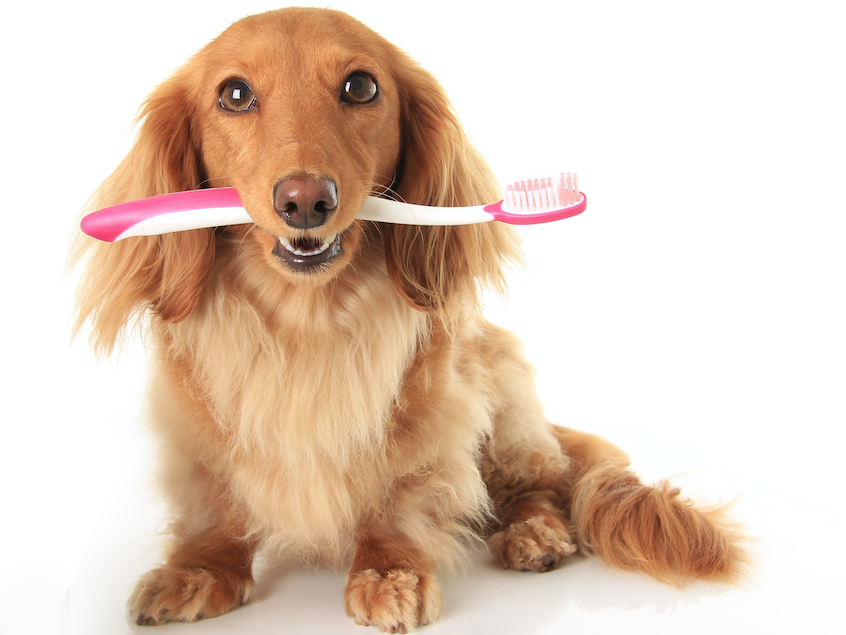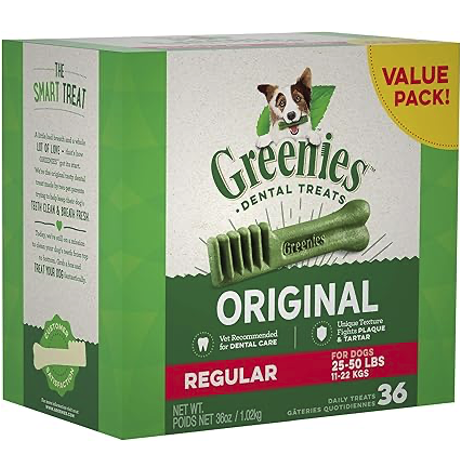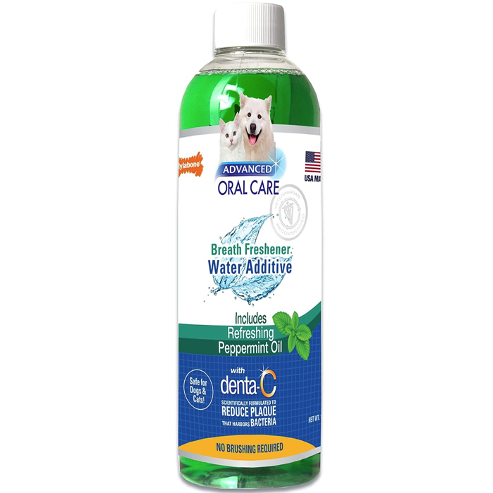Dental care is essential for good oral health, and many of us know what to do to keep our teeth healthy. We see the dentist a couple of times a year and brush daily to remove all the food and plaque that builds up. But, are we aware of our pets’ dental health as much as our own?
Pet Dental Health
Whether you have a cat, dog or horse, their oral health is important and should be attended to. According to the American Veterinarian Medical Association, pet’s teeth and gums should be checked and cleaned by a veterinarian at least once a year. These yearly dental checkups will ensure your pet’s mouth is healthy and that there are no signs of disease.
Dr. Anna Champagne, a veterinarian for Lap of Love Veterinary Hospice, said the amount of plaque produced varies from pet to pet. “Small dogs (Chihuahuas and Yorkshire terriers) are more prone to developing severe dental disease much faster than large dogs (Great Danes and mastiffs),” she said.
Cat owners also need to be aware of their feline’s teeth, Champagne emphasized. “Cats are easy to miss because we don’t look in their mouths that often, and they are not natural chewers generally.”
Dental Conditions in Pets
The most common dental condition in dogs and cats is periodontal disease, according to the AVMA. It occurs when plaque builds up and hardens into tartar. Above the gum line, tartar can be easily removed, but plaque below the gum line is damaging to the tissues in your pet’s mouth. Periodontal disease does not stop in the mouth. It can affect your pet’s kidneys, liver and heart muscle. The AVMA suggests owners get their pet’s teeth checked immediately if they observe problems like bad breath, broken or loose teeth, discolored teeth, abnormal chewing, reduced appetite or refusal to eat, pain in or around the mouth, bleeding from the mouth, or swelling in areas surrounding the mouth.
In addition to periodontal disease, cats are prone to resorptive lesions, which occur when the tooth becomes absorbed into the bone. “This is an extremely painful disease, but cats are really good at hiding it,” said Champagne. “They will swallow their food whole and avoid chewing, so you may never notice. The only way to diagnose this disease is under anesthesia during a dental cleaning with X-rays.”
How to Keep Your Pet Healthy
Good news for pet owners: there are ways to keep your pet’s mouth healthy at home. Frequently brushing your pet’s teeth is the most effective way to keep their teeth healthy between vet cleanings. The AVMA recommends daily brushing, but it recognizes that it is not always possible. Cleaning their teeth at home a couple of times a week or as often as possible is a great place to start.
Champagne agrees that brushing the entire mouth of your pet once a day is ideal. Do not use human toothpaste, she said. There are specific kinds of toothpaste for dogs and cats.
There are also products sold in most pet stores that can help owners care for their pet’s teeth. The Veterinary Oral Health Council provides an extensive list of accepted products that have shown to help prevent pet dental disease. They include foods, chews and water additives.
Even if owners brush their teeth daily, pets should still visit their vet for cleanings, said Champagne. “A professional dental cleaning focuses on removing plaque between the gum and the tooth.” she said. “You will never be able to remove that with just a toothbrush.”
Our Pet Oral Care Picks
Related articles
14 of the Best Pet-Friendly Local Nature Spots
Chickpeas: The New Healthy Carbs For Your Pets
Pet Nutrition: Tips and Tricks



